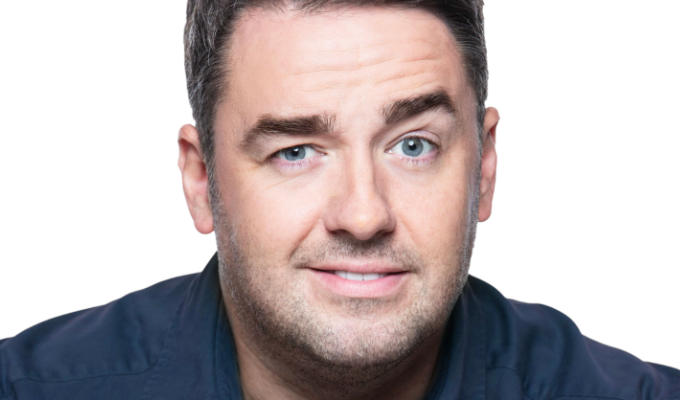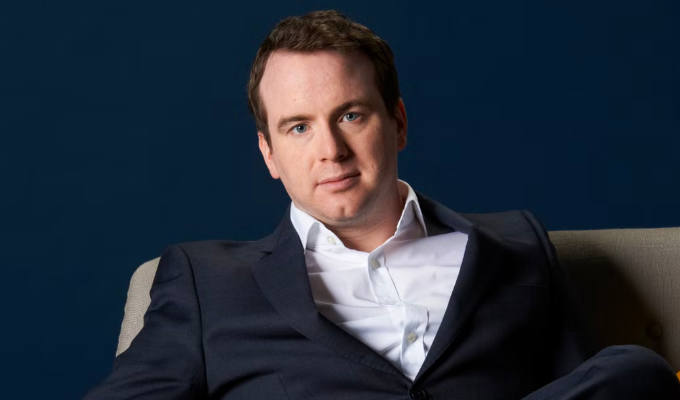Mocking the afflicted
Disability in comedy
Almost every successful British comedy of the past 40 years has used disabled characters as figures of fun, a Radio 4 show has claimed.
A documentary hosted by Francesca Martinez said that the ancient comic tradition of mocking people's impairments is still going strong today.
Should We Be Laughing? cited Monty Python's Ministry Of Silly Walks for mocking walking impairments, Jack Douglas's comic turns in the Carry On films for resembling epileptic fits and Ronnie Barker's character Arkwright in Open All Hours for using his stutter to get a cheap laugh.
And it claimed the disabled were often seen as monsters of rudeness, like the deaf guest in Fawlty Towers, which "threw in some ridicule of her condition for good measure",
Disabled comic Laurence Clark said more people were disabled that generally imagined, if disability is defined to encompass those who suffer mental distress as well as those with physical impairments.
He told the show, broadcast today: "There's a tradition in British comedy dating from Shakespeare to laugh at characters' lack of intellect.
"We still see that today in characters like Alice in Vicar of Dibley, Father Dougal in Father Ted, Bubbles in Absolutely Fabulous, Mickey in The League of Gentlemen, Frank Spencer, Pike in Dad's Army, Trigger in Only Fools and, of course, Baldrick in Blackadder."
Martinez, who has cerebral palsy, added: "People are happy to laugh at mental distress. Most of our favourite sitcoms are at it.
Dr Tom Shakespeare of the University of Newcastle explained that: "Laughing at the outside strengthens your sense of identity. People have always found those who look different or behave differently to be figures of fun. It's a way to bolster your own social norms by denigrating others."
Disabled performers were quick to attack non-disabled performers who used the issue for comedy.
Mandy Colleran said: "I find it lazy and crass. It's just a cheap gag, which I find really boring.
"Good comedy is about truth. If a non-disabled person hits upon a truth affecting disability, then I think that would probably be OK. But I think it's debatable how truthful you can be about an experience that's not yours.
Nathalie Markham of comedy troupe The Nasty Girls said it could be done but only with care. "Peter Kay has probably one of the best disabled characters on TV," she said. "It hit a mark with disabled people.
"Others really need to know what they are talking about, or it just comes out as crass."
But deaf actress Caroline Parker said non-disabled people like Kay should never take disabled roles.
She said: "I was amazed to hear that the lead character in Will and Grace wasn't gay. I think if it was a deaf character played by a hearer, there would be uproar. People don't black up any more, so why should they 'gay up', or 'crip up'.
Markham added that there was also the issue of what language was acceptable.
"The words we would be prepared to use but wouldn't expect non-disabled people to feel uncomfortable using include cripple, spastic and nutter," she said. "All of these words appear in our show, but we would have something to say if non-disabled people used them."
But disabled New Zealand comedian Philip Paxton was more pragmatic: "Judging material has to be left to the audience, rather than having a moral police saying, 'you can't talk about this'."
Originally appeared: February 17, 2004
Published: 22 Mar 2009






